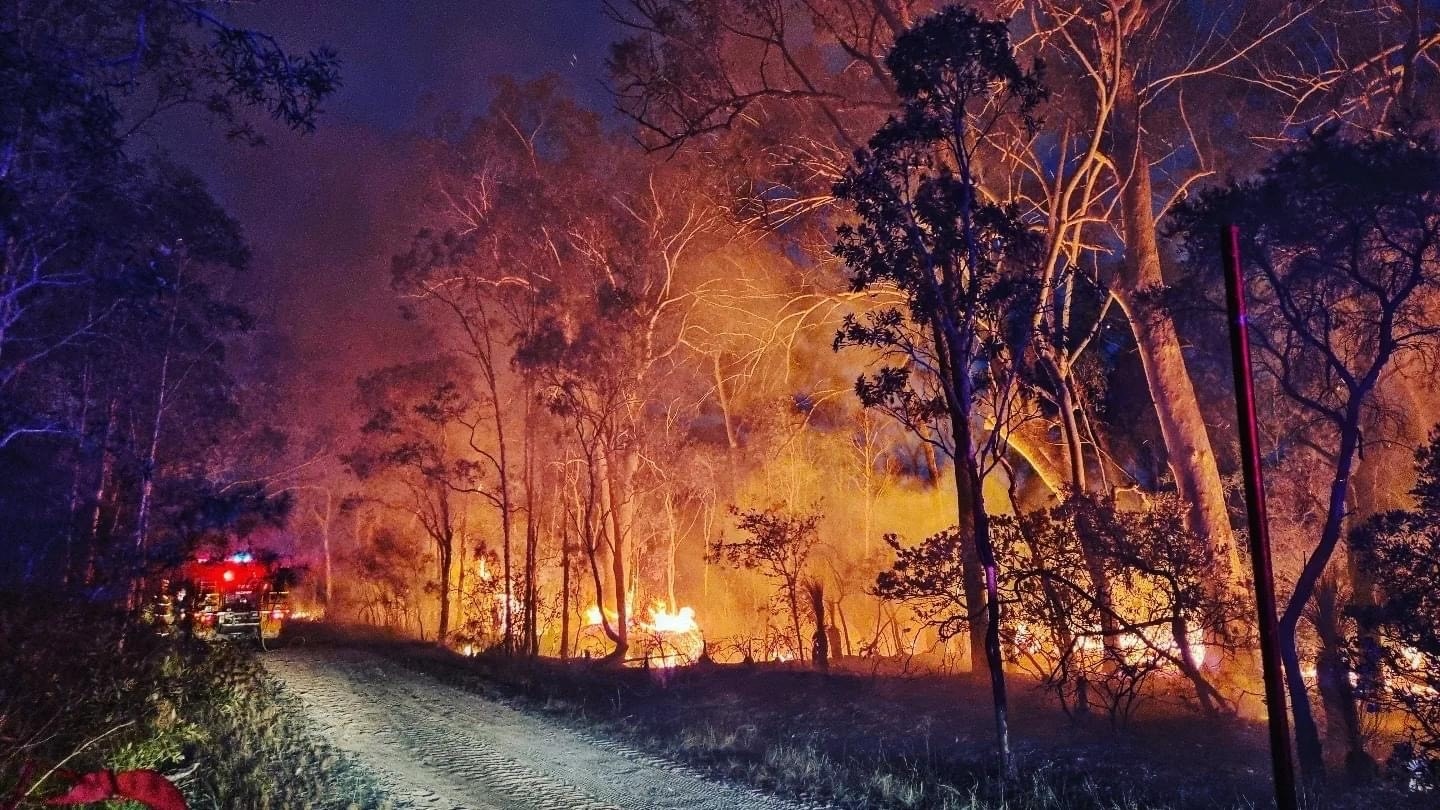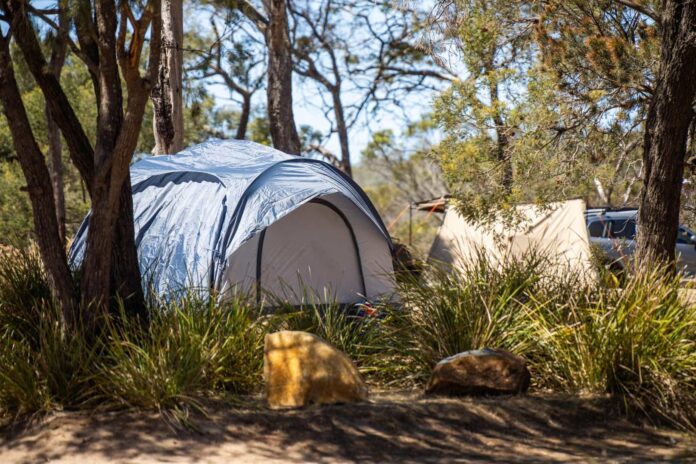Summer might be synonymous with beach days and barbecues, but more and more Australians are re-imagining their hot season, concerned about extreme weather disrupting their plans.
Aussies are opting for safer destinations and cooler travel months to ensure their hard-earned holidays aren’t scuppered by floods, storms, heatwaves or bushfires, a recent poll by the Climate Council has revealed.
Related story: Coast’s wild summer forecast
Almost two-thirds of Australians with vacation plans are worried such weather events will interfere with their summer getaways, with that number rising to 75 per cent for young people aged 18 to 34.
More than half of the 1200 people surveyed believed bush camping was the holiday type most at risk from extreme weather, with remote destinations also flagged as vulnerable by 41 per cent of respondents.
More than half of the people surveyed by the Climate Council were worried regional economies reliant on tourism could suffer as holidaymakers steer clear of high-risk areas.

Climate Councillor Professor Lesley Hughes warned that worsening extreme weather, driven by climate change, is altering the Australian summer experience.
“More intense and frequent unnatural disasters are turning Australian summers from a season of joy to a season of dread,” she said.
“Families know their plans are increasingly at risk from floods, storms, heatwaves, or bushfires.”
The Climate Council’s analysis predicts a challenging summer for 2024–2025, with a hot and wet outlook for December.
The Bureau of Meteorology is forecasting unusually high rainfall for parts of Queensland, NSW, Victoria, Tasmania, South Australia, and Western Australia.
Want more free local news? Follow Sunshine Coast News on Facebook, LinkedIn and Instagram, and sign up for our FREE daily news email.
This is coupled with the risk of tropical cyclones in the north and fire hotspots in the south.
“There’s also the likelihood of hotter-than-average days and nights,” Prof Hughes added.
“This makes it harder to know where the safest, least impacted place will be for a family holiday.”
To adapt, many Australians are shifting their holiday plans.
Avoiding bush camping and inland travel are common strategies, as people seek to minimise risks.
But the only way to mitigate the problem of tourism hesitancy is to take urgent action on climate change, Prof Hughes said.
“To avoid even greater summer holiday disruption in the future, it’s critical we slash climate pollution this decade,” she said.





